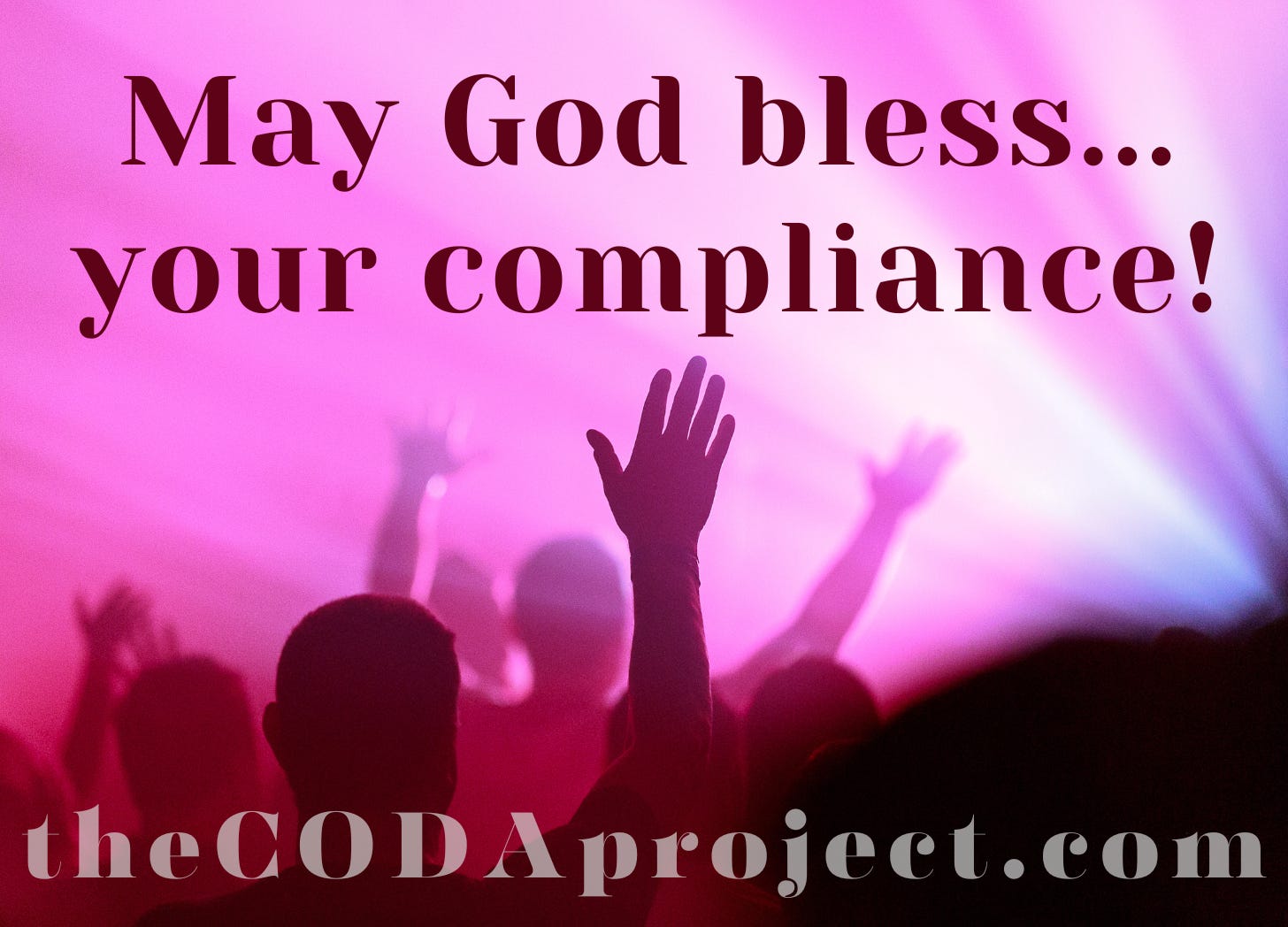The Myth of Strong Communities
Too many churches thrive on compliance, not connection!
Why are so many strict, conservative churches able to draw in so many people? How do they manage to suck in good, decent folks and convince them to believe all their supernatural claims? It’s a question worth asking, especially when you see how pervasive religious belief still is, even in an age where information is more accessible than ever.
Belief is Cultural
The answer, of course, isn’t all that surprising: Belief is usually cultural. Most people are raised to believe in their particular religion, or at the very least, they’re raised not to question it too harshly. It’s almost funny—if it weren’t so sad—that people won’t question their own religious claims but will scoff at similar claims from other religions. For example, when believers from those other religions talk about feeling the presence of their god, Christians often dismiss it as imagination or outright error. The more charitable ones might say, “Oh, they’re just feeling the Holy Spirit and misinterpreting it as their Hindu god or whatever.”
But let’s be honest: For those of us who don’t believe in the supernatural, arguing over which religion has the correct understanding of God is like arguing over what fairies look like and how they behave. It’s all made up, so why bother? Don’t we all have better things to do?
Community or Compliance?
Here’s the kicker, though: Despite the fairy-tale nature of these beliefs, people are often drawn to strict, conservative, fundamentalist churches. Why? Because they think they’re joining a strong community. The truth, however, is that religion doesn’t form strong communities—it forms compliant ones.
Religion creates a situation where people willingly become compliant. They convince themselves that it’s not just okay, but necessary, to be compliant. Why? Because they’re sold on the idea of living forever in some perfect heavenly place. The clergy and ministers claim to know the will of God, and people are all too happy to fall in line, thinking that’s the ticket to eternal bliss. But here’s the question I have: What kind of community ties your value as a person to how well you toe the line?
What kind of community ties your value as a person to how well you toe the line?
Churches have mastered the art of sucking people in. They make you feel bad about yourself, then tell you that God loves you—just as long as you keep donating money and doing exactly what the pastor says. It’s a classic bait-and-switch. And if you refuse to comply, well, get ready to be ostracized by your family and friends. Again, what kind of community is that?
Step One is Breaking Free
Especially in evangelical or fundamentalist Christian churches, too many people are sucked in and taken advantage of, all so some hucksters can feel powerful while getting rich. They’ve learned the formula: make people feel guilty, give them the illusion of absolution, and then keep them in line with the threat of eternal damnation or social exile.
Is this what we’re supposed to accept as a “strong community”? I don’t think so. It’s time we stop glorifying these religious institutions and start building real communities—ones based on mutual respect, shared values, and a genuine desire to support one another, not on compliance and control.
It’s time to break free from these structures that demand obedience at the cost of personal freedom. Let’s create communities that truly uplift, where belonging isn’t contingent on submission to ancient texts, a set of arbitrary rules, or the whims of charismatic (and often sociopathic) religious leaders. It’s possible, but it starts with recognizing the problem and choosing to move beyond it.
What are your thoughts on creating strong communities without the constraints of religion? Become a paid subscriber and let’s discuss it in the comments!


